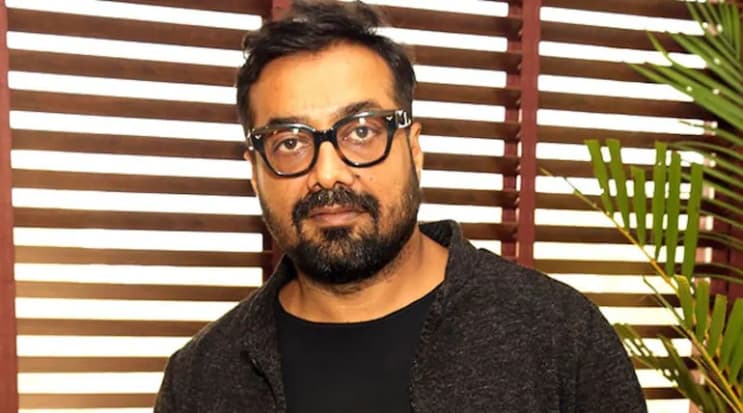
Anurag Kashyap Booked Under Caste Protection Laws Amid ‘Phule’ Film Controversy
Filmmaker faces FIR in Jaipur over alleged casteist remark; legal focus sharpens on social media conduct and accountability under Indian criminal and entertainment law.
Anurag Kashyap, the acclaimed filmmaker behind several socially conscious films, is now facing legal action in Rajasthan, where an FIR (First Information Report) has been filed against him at Bajaj Nagar Police Station in Jaipur. The complaint, lodged by resident Anil Chaturvedi, accuses Kashyap of using offensive and caste-insensitive language on social media while defending his upcoming biographical film Phule.
The FIR invokes provisions from the Indian Penal Code (IPC) and the Scheduled Castes and Scheduled Tribes (Prevention of Atrocities) Act, signalling a serious legal challenge for the filmmaker despite his public apology.
Key Legal Provisions Involved:
-
Section 295A IPC – Deliberate and malicious acts intended to outrage religious or caste feelings.
-
Section 153A IPC – Promoting enmity between different groups on grounds of religion, race, caste, etc., and doing acts prejudicial to the maintenance of harmony.
-
Section 505(2) IPC – Statements creating or promoting enmity, hatred, or ill-will between classes.
-
SC/ST (Prevention of Atrocities) Act, 1989 – Provides protection against offences and humiliating treatment targeting Scheduled Castes and Tribes, including derogatory remarks in public.
If charges are formally framed under these sections, Kashyap may face arrest, trial, and even imprisonment, depending on the court's assessment of intent and impact.
Entertainment Law Context:
This case also raises concerns under entertainment and media law, particularly around:
-
Freedom of Expression vs Community Sentiment – Article 19(1)(a) of the Indian Constitution guarantees freedom of speech, but it is subject to reasonable restrictions in the interests of public order and morality. Courts have consistently held that artistic works cannot cross into territory that incites violence or hatred.
-
Social Media and Celebrity Liability – With increasing digital reach, public figures are now more susceptible to scrutiny under laws governing online speech. The Information Technology Act and IPC sections now frequently overlap in defamation and hate speech cases.
-
Film Certification & Censorship – The Central Board of Film Certification (CBFC) reportedly intervened in the Phule film’s release by demanding removal of caste-related dialogues. The Cinematograph Act, 1952 empowers the board to ensure content adheres to standards of public decency and avoids hurting sentiments.
The 'Phule' Controversy:
Phule, directed by Ananth Mahadevan, is based on the lives of Jyotirao and Savitribai Phule, 19th-century social reformers who fought against caste discrimination and promoted education for the oppressed. The film’s sensitive subject matter was already under intense scrutiny, and Kashyap’s public defence led to backlash when a remark was interpreted as disrespectful toward the Brahmin community.
The controversy has also delayed the film’s release, originally scheduled for April 11, now expected to hit screens on April 25, post-CBFC modifications.
Broader Legal Takeaway:
This episode highlights the delicate legal balance between creative expression, social responsibility, and legal boundaries in India. As filmmakers explore bold themes, they must navigate the complex interplay of criminal law, caste legislation, and entertainment regulations, especially when using public platforms like social media to defend their work.
For any enquiries or information, contact info@thelawreporters.com or call us on +971 52 644 3004. Follow The Law Reporters on WhatsApp Channels